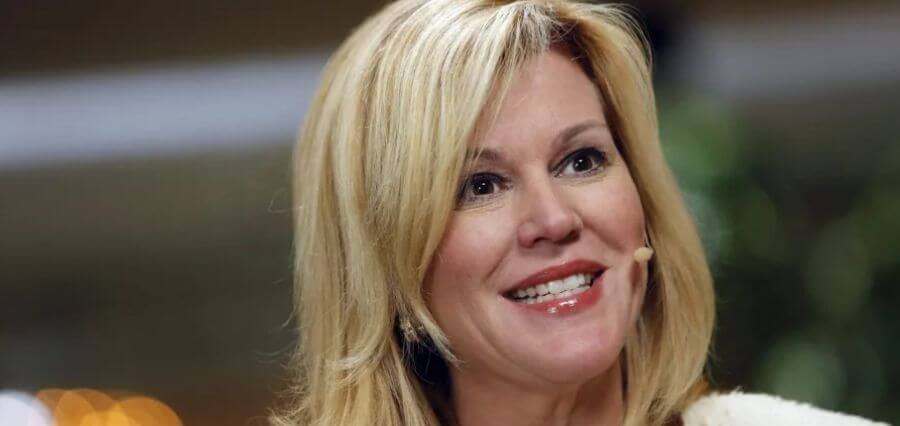Meredith Whitney, the former “Oracle of Wall Street” who foresaw the Great Financial Crisis, believes that the U.S. housing market has the capacity to provide an unparalleled economic stimulus that wouldn’t involve any federal investment. The CEO of Meredith Whitney Advisory Group emphasized the potential benefits of a proposed reform to the mortgage market, despite her recent warnings about the risks the “crisis of the American male” brings to the housing market and the economy.
She mentioned that last month, the massive mortgage finance company Freddie Mac requested permission from its regulator to join the secondary mortgage market, often known as home equity loans, which let borrowers borrow money against the equity in their homes.
These loans can be utilized for a variety of purposes, including debt repayment, business startup, investments, weddings, new cars, and medical expenses. To put it another way, the economy might be driven by more money. The most well-known aspect of Freddie Mac’s business is the acquisition of first-time mortgages, which it then pools and sells to investors as mortgage-backed securities. By doing this, lenders are able to remove those mortgages from their balance sheets, releasing cash for more loans.
According to Whitney’s estimation, allowing Freddie Mac to handle home equity loans may result in consumers receiving $1 trillion this summer and $2 trillion by autumn. The possible boost might reach $3 trillion if other mortgage behemoths Fannie Mae and Ginnie Mac follow suit, she continued.
Their entry into home equity loans would coincide with banks’ reduced involvement in the market after the financial crisis. According to Whitney, the amount of outstanding home equity loans has decreased from over $700 billion in 2007, right before the financial crisis, to $350 billion today. Even still, house values have increased by more than 70% throughout that time. “The Freddie Mac proposal could change all that, and it could not come at a better time,” she stated. “Most people in the U.S. are feeling the sting of persistent inflation, but older Americans living on a fixed income have been hit particularly hard.”
She mentioned that elderly Americans are being forced to take on greater debt due to growing prices for property taxes and homeowners insurance. They are now more susceptible to unforeseen costs and other financial shocks as a result.
For More Details: https://chiefwomenleaders.com/




